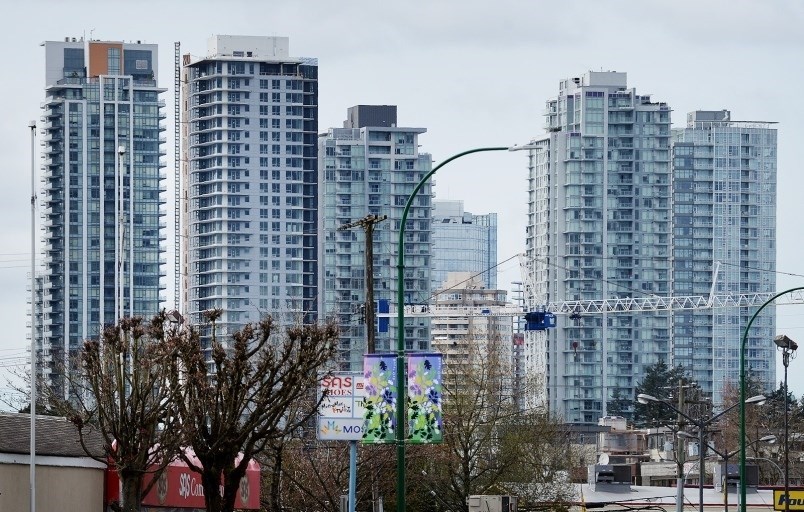Editor:
Re: Housing is both a human right and a profitable asset, and that's the problem, NOW News
Unfortunately, another article that repeats narrow solutions, where here in Burnaby, city council just released the HOME Strategy - a practical and integrated approach to local housing needs.
First, let’s be cautious about the sole focus on the housing market as reasons for high investor attention. The reality, which will not change anytime soon without a fundamental course correction in how the economy is managed, is that Canada remains vitally dependent on exports. And the long-standing public policy that fuels exports is a purposefully-low Canadian dollar. The consequence is Canada becomes much cheaper for foreign buyers, and Canadian investors find it difficult to invest abroad which keeps the money at home. The result is Canada’s economy has dropped to 17th in world-ranking when properly considering what is known as purchase-price parity. The answer is to expand the overall economy in productive ways that will on its own direct investors towards more fruitful possibilities.
As well, the Burnaby housing plan calls for many progressive actions that will undoubtedly create the predictable NIMBY backlash. But from my particular interest, council priorities rightly include, “Create sustainable and accessible communities, with a range of amenities and services, in and around arterials and transit corridors.” This is exactly how council can take best advantage of available lands around the under-utilized SkyTrain stations. Successful implementation of the new housing plan will confront the doubters and, better yet, recognize strong Burnaby resident support for development in and around reliable, affordable, and frequent access.
Despite Burnaby’s practical solutions, the article repeats the same disappointing perspective that a skyward approach will generate “tower fatigue.” Frankly, this is just an excuse to avoid the reality that Burnaby, located in the centre of the Metro region, has both the opportunity and responsibility to deliver more housing now, not later.
For example, I challenge the writer, and any other voices, to speak up against the fabulous First Nations-led concepts that have just emerged for the Willingdon – Canada Way lands. This exciting (https://www.burnabynow.com/local-news/indigenous-reconciliation-at-the-heart-of-major-willingdon-lands-development-in-burnaby-4840626) “contemporary Musqueam and Tsleil-Waututh urban village” intends to include “buildings in the range of 14 to 20 storeys, four landmark buildings between 22 and 25 storeys,” along with a range of other housing forms. With excellent arterial access, and a reasonable distance from the Willingdon SkyTrain station, such a socially inclusive development must not be swayed by a few with altitude-sickness.
Some of the reasons Canadians find themselves house-poor, and especially for the many immigrants we desperately need to fill this huge land, is too much wayward government action has in fact curtailed needed investment in the housing market. Otherwise, why possibly could we have this massive housing shortage if the market was effectively responding to demand; the author does not wish to admit this obviously contradictory position. The author also views the solution as governments should ignore the reality that local communities deserve meaningful consultation before land-uses are changed.
You can’t have it both ways. Strikes me what the writer really wants is governments to massively increase taxation to fund housing. But for struggling Canadians, even of medium-income means, this will mean fewer after-tax dollars to make a housing purchase. Instead, maybe it’s time to stop with this kind of war-mongering, and let’s work out with developers and investors smarter ways to move forward, preferably like here in Burnaby where government acts as a facilitator to sort out the myriad of community development related conflicts.
In sum, how about Burnaby residents’ stand-up against such shallow solutions, and instead demand integrated solutions towards better housing choices, livability, and inclusiveness.
Joe Sulmona, Burnaby



